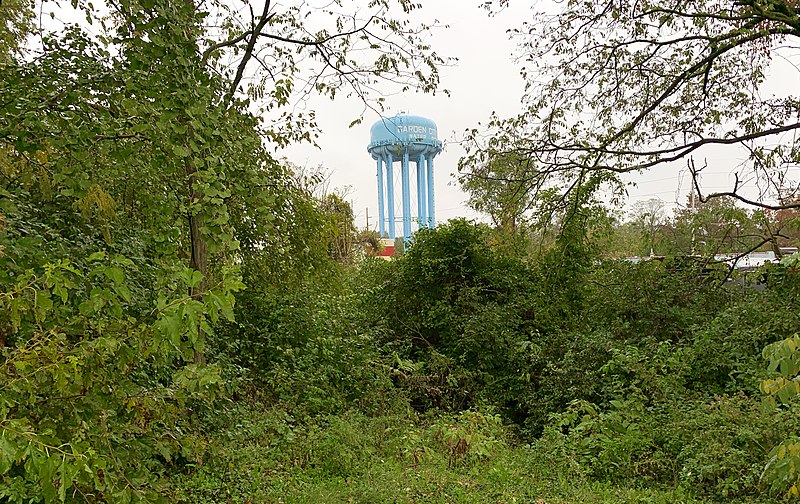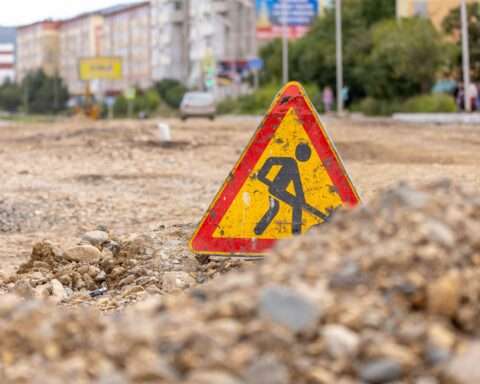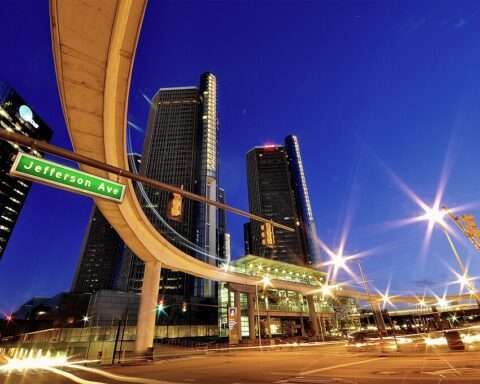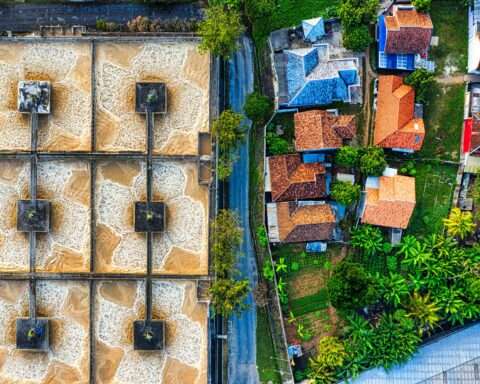New York will spend $265 million on water infrastructure improvements across the state.
The funding, which was approved by the New York State Facilities Corporation Board of Directors, authorizes cities to access low-cost financing and grants on critical improvements to water and sewer infrastructure.
Upcoming work will include 30 projects that will be paid for in part by $30 million in federal grants that will go toward inventorying lead service lines in drinking water systems.
“Improving our water infrastructure is essential for building safe and healthy New York communities,” Gov. Kathy Hochul said. “This financial assistance makes all the difference in being able to provide safe drinking water to New Yorkers, protect our natural resources, and ensure the projects are successful and affordable.”
Funding for projects includes grants and financing to local governments from Bipartisan Infrastructure Law, the Clean Water and Drinking Water State Revolving Funds and grants already announced pursuant to the state’s Water Infrastructure Improvement program.
Projects include:
- Planning, design and construction of the Emerald Green Wastewater Treatment Plant in Thompson. The project is being paid for with a $6.9 million federal grant and $5.3 million in interest-free financing from the BIL; $416,800 market-rate financing from the CWSRF; and a $3.3 million WIIA grant.
- Planning, design and construction of the Lake Salubria sewer collection extension in Bath. Funding includes a $2.5 million grant and $1.1 million interest-free financing from BIL; a $1.2 million WIIA grant from the Clean Water, Clean Air, and Green Jobs Environmental Bond Act; and $3.8 million in market-rate financing from the CWSRF
- Building a pump station at Mangin Road storage, treatment and pumping site, construction of a 400,000-gallon elevated steel water storage tank to replace the existing Fort Worth storage tanks, construction of two wells and associated appurtenances and replacement of approximately 1 mile of existing water main and appurtenances in the Village of South Blooming Grove. Funding includes $1.7 million in interest-free financing and a $3.5 million market-rate loan from the DWSRF and a $4.7 million WIIA grant.
Photo by LittleT889













